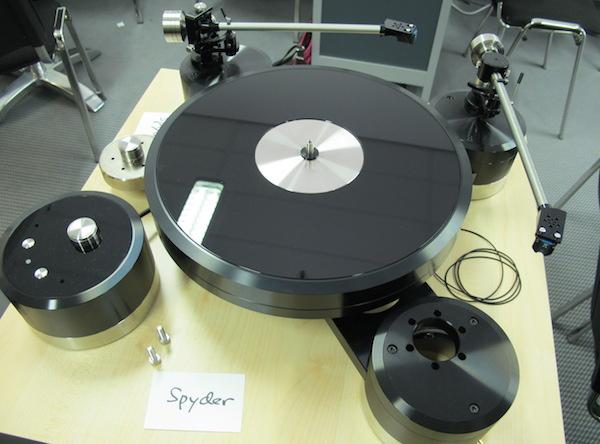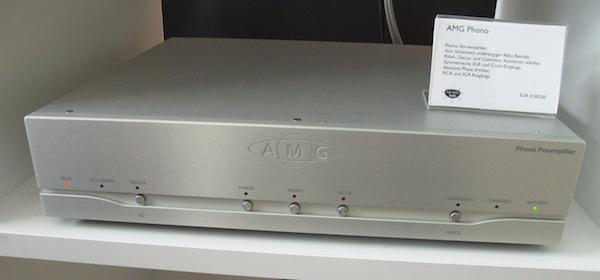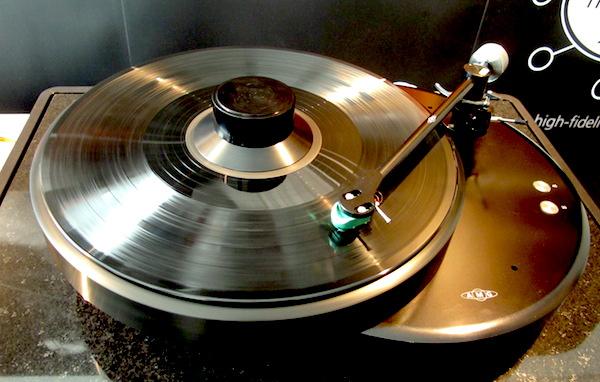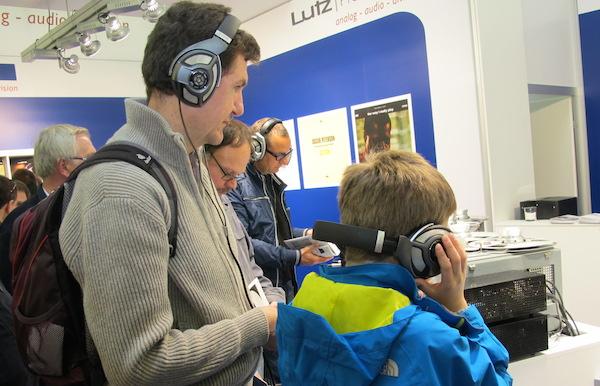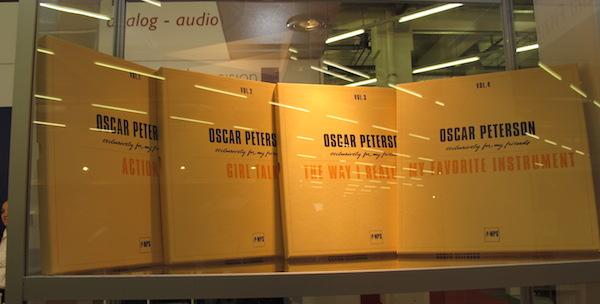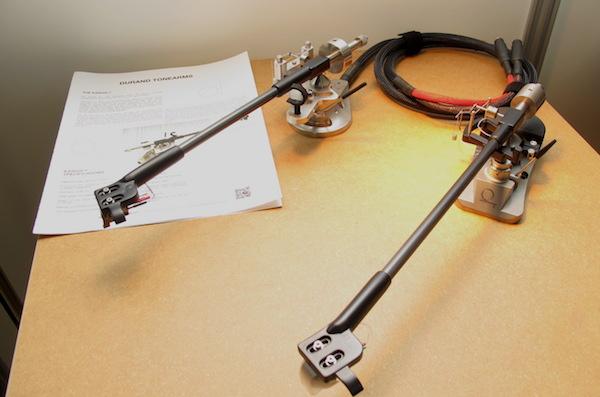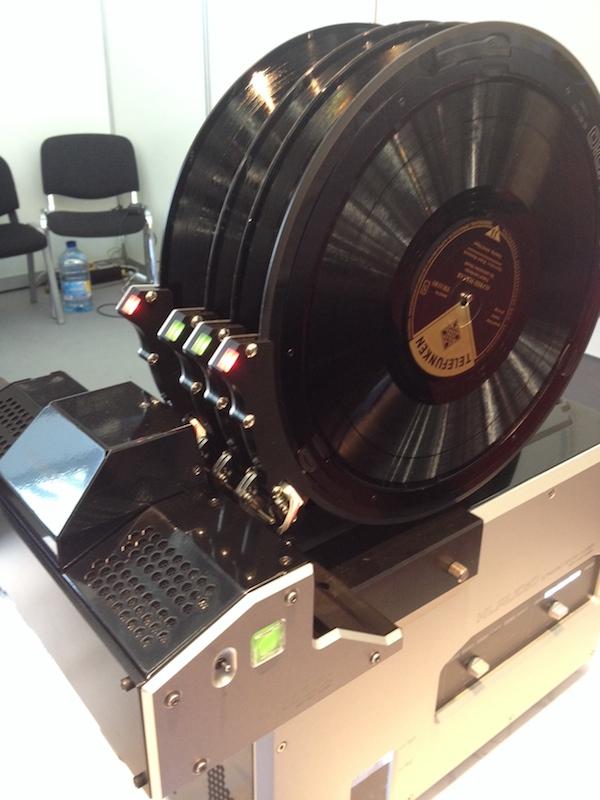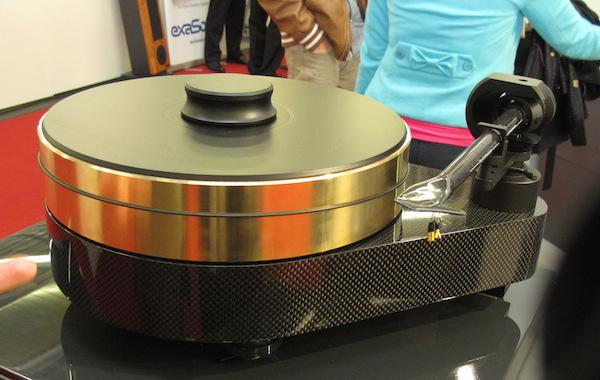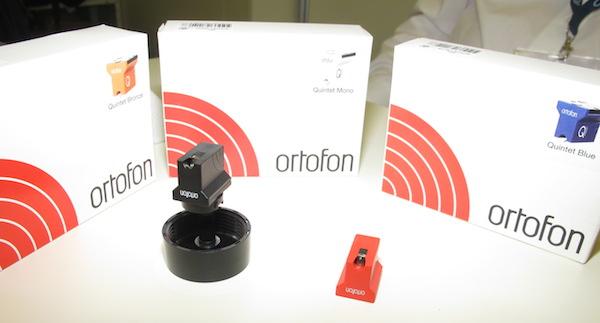Tri-Planar Introduces SE Version of its Standard 10" Tonearm
- Read more about Tri-Planar Introduces SE Version of its Standard 10" Tonearm
Pull the "Legs" Off of Brinkmann’s New Spyder Turntable
AMG Introduces Battery Powered Phono Preamplifier
AMG Adds To Line Lower Priced Giro Turntable
Munich High End 2014 — This Photo Says It All (Video Enhanced)
Famous Swiss Tape Recorder Brand To Re-introduce Reel-to-Reel Analog Recorder! (NOT)
Durand Adds Lower-Priced Kairos Tonearm to Line Plus Composite Telos
KLAUDIO Intros "Record Changer" For KD-CLN-LP200 Ultrasonic Record Cleaning Machine (Video Enhanced)
Pro-Ject Upgrades RPM Line With New Tonearm and Other Refinements (Video Enhanced)
Ortofon Introduces New Affordable Quintet Moving Coil Cartridge Lineup and More (Video Enhanced)

